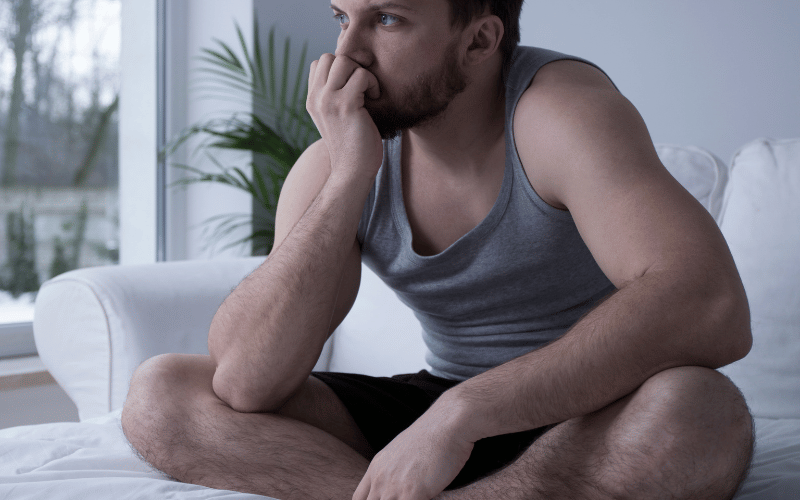7. Sleep Disturbances: The Restless Nights and Exhausted Days

Epilepsy and sleep have a complicated relationship. For many with Doose epilepsy, nights aren’t necessarily a time of rest. They may experience increased seizure activity during sleep or, conversely, their sleep may be disrupted due to seizures.
Whether it’s difficulty falling asleep, frequent night-time awakenings, or early morning rousing, the consequences of these sleep disturbances can be significant. Beyond just physical exhaustion, disrupted sleep can amplify other symptoms, making seizures more frequent and reducing the efficacy of medications.
Addressing sleep challenges often involves a combined approach. This can include optimizing medication schedules, creating a bedtime routine, and ensuring a sleep-conducive environment. For many, improvements in sleep can translate into better seizure control and an enhanced quality of life. (7)